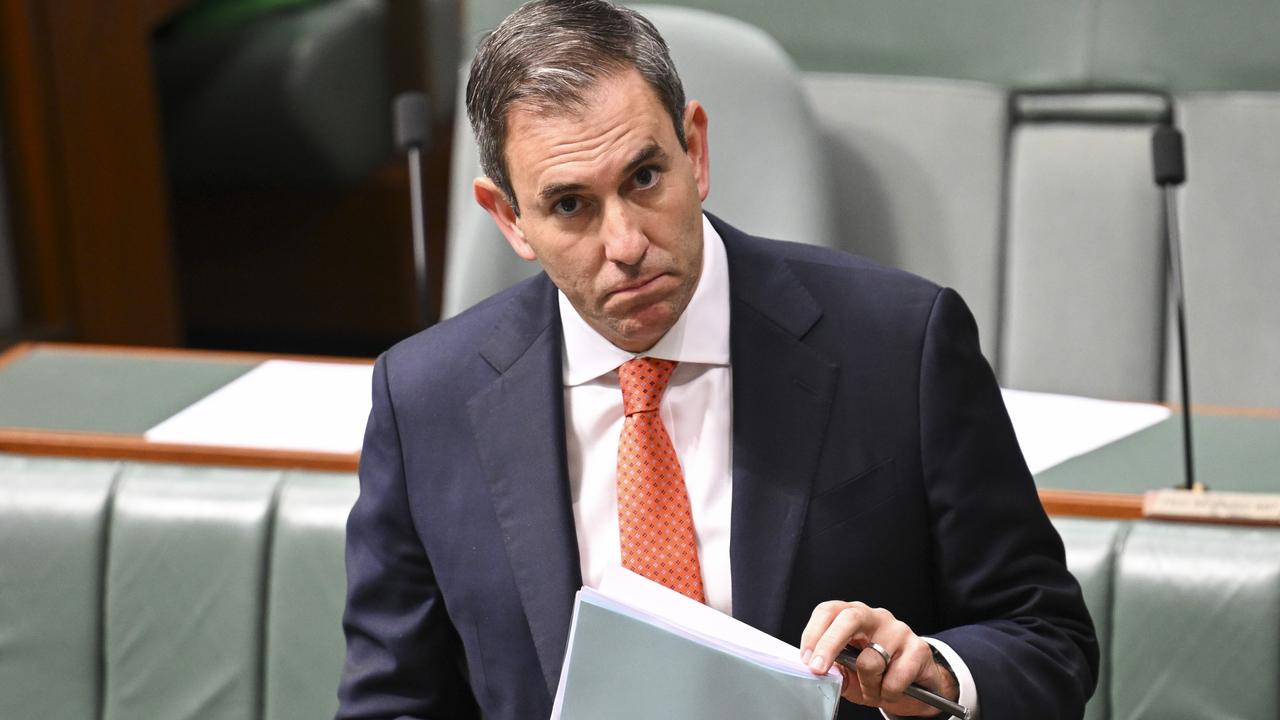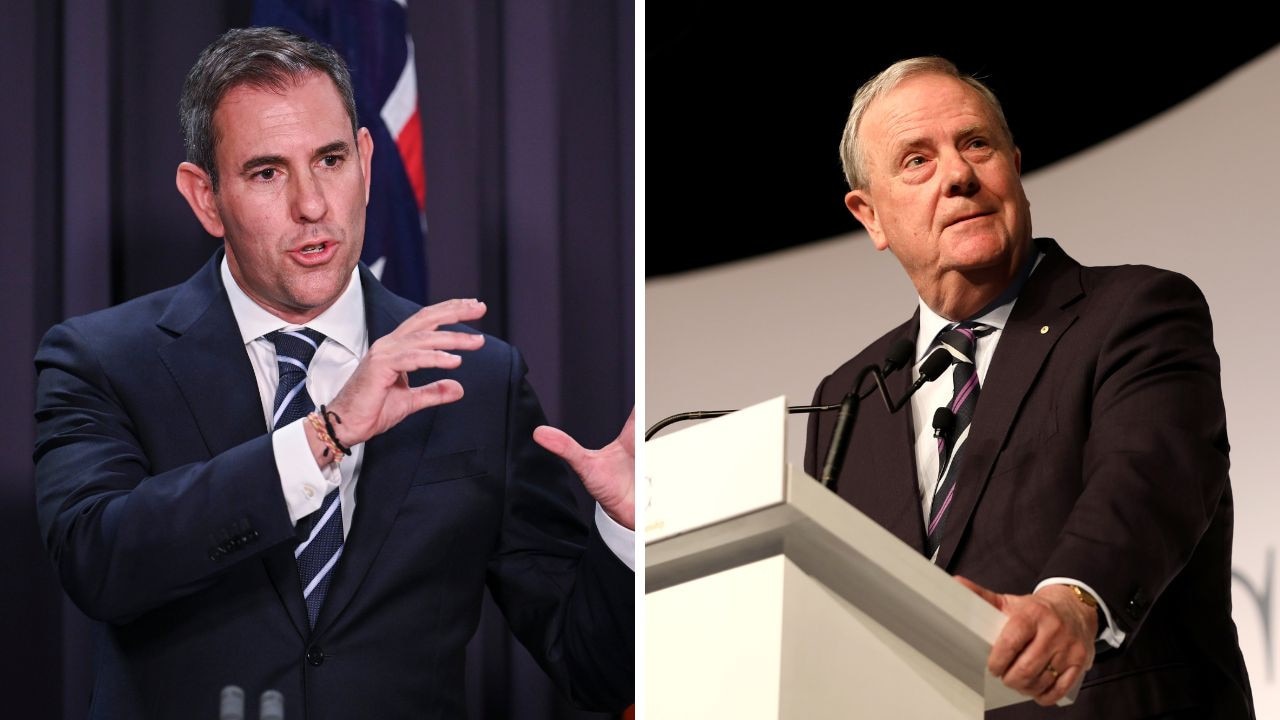William Rubinstein took on those who blamed Allies for Holocaust
William Rubinstein’s research concluded that the West’s democracies could not have saved more Jews from Adolf Hitler.

OBITUARY
William Rubinstein, author and historian, born New York City, August 12, 1946. Died aged 77 on June 30.
It was almost forgotten 30 years ago that immediately after World War II Jews across the world were thankful of the efforts of the Allies to destroy Nazism and end the Holocaust. Jewish leaders particularly praised the efforts of American president Franklin D. Roosevelt and British prime minister Winston Churchill.
But as left-wing lecturers and professors increasingly populated the ranks of Western universities and promoted the idea of self-loathing among liberal democracies, they taught that the West had betrayed Jews and others from the point that Hitler rose to power in 1933. (At many universities this anti-West teaching morphed, undetected until recently, into a pro-Palestine movement the results of which we have seen on campuses across the world.)
The change of mood about the Allies, Roosevelt and Churchill peaked with two articles by David Wyman: Why Auschwitz Was Never Bombed (1978) and The Abandonment of the Jews: America and the Holocaust, 1941-1945 (1984). In response, William Rubinstein researched and published The Myth of Rescue: Why the democracies could not have saved more Jews from the Nazis. Its arguments attracted praise from the most esteemed quarters: Pulitzer Prize-winning Arthur Schlesinger Jr, president John Kennedy’s special assistant and administration historian, wrote that it was a “commanding work of historical criticism”.
The book was a brave move that pushed against the almost ubiquitous academic tide and it came in for bitter criticism, as Rubinstein expected it would. Historian Walter Laqueur was out of the blocks early, accusing Rubinstein of a “wilful ignorance (and) lack of judgment in connection with the most painful period in modern Jewish history”.
Rubinstein countered across 7000 words in The New York Times defending his book: “By the late 1980s, every examination of the Allied response to the Holocaust was compelled to take into account the belief, by then virtually universal, that the democracies ‘did nothing’ during Hitler’s Final Solution, and were – to many – guilty of being virtual accomplices in the Holocaust.”
He also appeared in the 2020 BBC documentary Secrets of the Dead: Bombing Auschwitz, which examined a plan to obliterate the most infamous concentration camp and the dilemma it presented with possibly 12,700 prisoners being held there.
Rubinstein’s father was Polish, his mother American and among distant relatives was Arthur Rubinstein, the legendary pianist. William graduated from Johns Hopkins in Baltimore and travelled to the UK to do research at Lancaster University. He had met wife Hilary, a librarian and historian, while she was on exchange as a student in the US.
After they migrated to Australia in 1976, Rubinstein worked for two years at the Australian National University, after which the family moved to Melbourne and Rubinstein lectured at Deakin University where, in 1978, he became a full professor. In Melbourne he became a leading light of the local community working with the likes of Frank Knopfelmacher, the famous lecturer in psychology whose family and that of his first wife had been lost to the Holocaust. He also became friends with Isi Leibler, who led the world in highlighting the plight of Soviet Jews, and Sam Lipski, who helped pioneer ABC’s This Day Tonight and was a long-time columnist for this newspaper.
After Deakin, Rubinstein worked as a professor of history at Aberystwyth University in Wales and was later an adjunct professor at Monash University.
In 2012, he published an amusing book, Who Wrote Shakespeare’s Plays?, in which he applied his keen mind and analytical genius to a playful examination of this ancient debate pointing out the undeniable hurdles Shakespeare might have faced: he had no books and possibly no access to them, by 14 his education had finished, his two surviving children are believed by many to have been illiterate, possibly his parents too.
Rubinstein has left a profound body of published works, including the first history of Australian Jewry (1985) as part of a series on ethnic groups in Australia, as well as the second volume, with Hilary writing the first, of the monumental Jews in Australia: A Thematic History published in 1991. His books have been translated into languages including Japanese, Hebrew, French, Mandarin, Italian and Russian.
He was founding editor of the journal of the Australian Jewish Historical Society and president of the Jewish Historical Society of England between 2003 and 2004. He was awarded a Medal of the Order of Australia in the 2022 Queen’s Birthday Honours List for services to tertiary education and to Jewish history.
Additional reporting: J-Wire.



